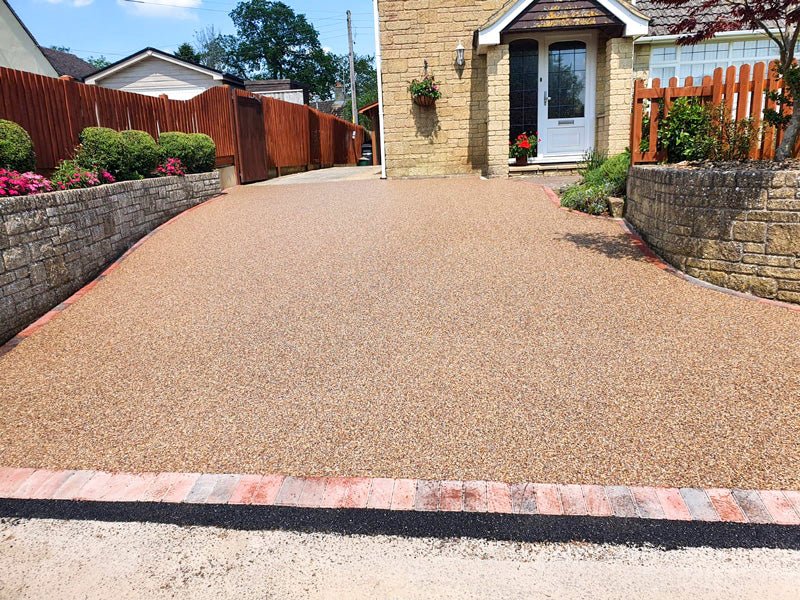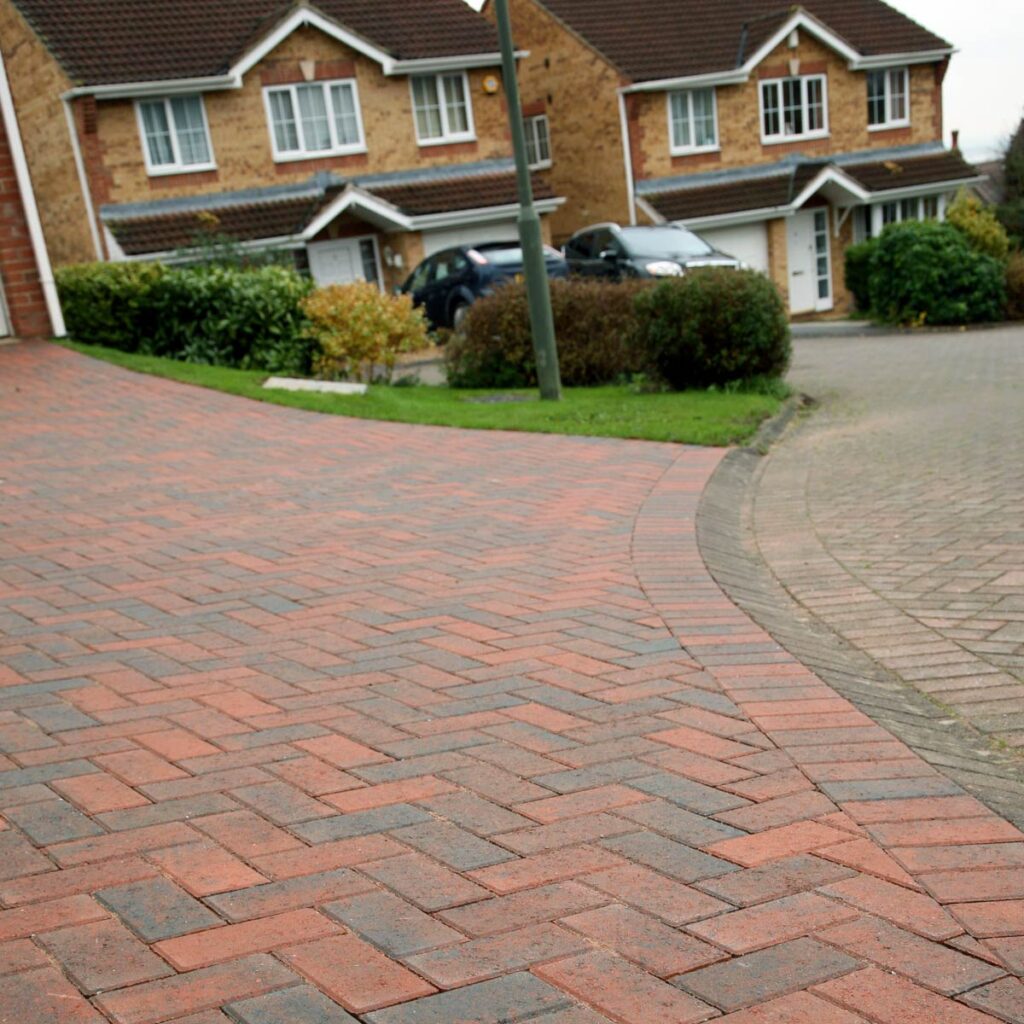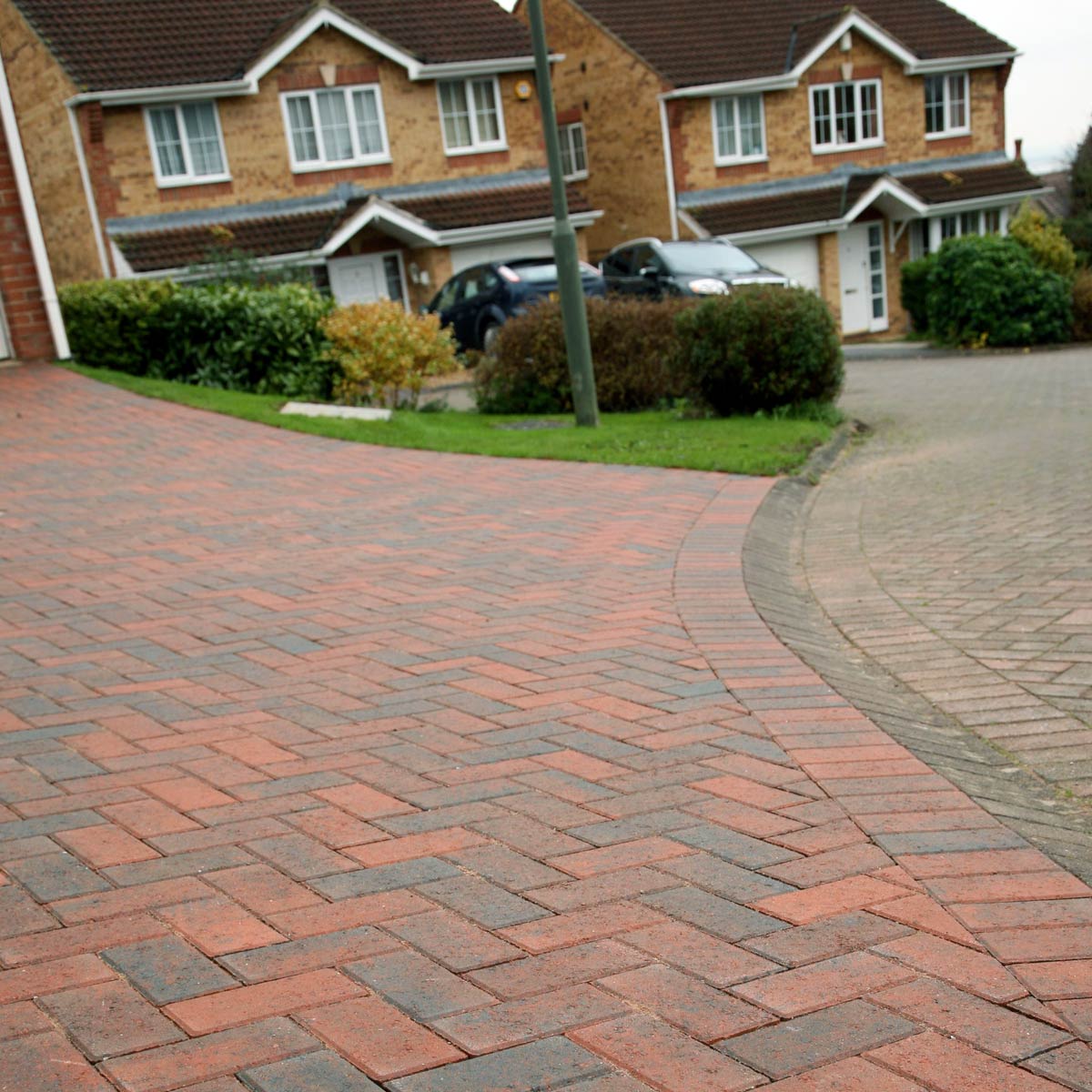A tidy driveway makes a strong first impression. It also protects the surface and the base. Simple care saves money over time. With steady habits, problems stay small.
Moreover, this guide points to quality driveway companies and installers for expert help. If a local touch is needed, a trusted driveway company Bicester can support upgrades and maintenance.
Sweep and rinse regularly
Start with a quick sweep once or twice a week. It keeps grit off the surface. Grit can scratch, stain, and hold moisture. Then rinse with a hose to lift dust and salts. This is especially helpful in spring and autumn. It slows wear on tarmac, concrete, resin driveways, and block paving.

Light dirt becomes stains if it sits too long. Leaves and moss also trap water, so remove them early. Simple, steady cleaning is low-cost. It also prepares the surface for sealing or spot repairs. A clean base makes every other task easier.
Pressure wash with care
Pressure washing works well, but use a gentle setting. Too much force can dislodge jointing sand in block paving. It can also mark softer surfaces. Test a small spot first. Use a fan tip and keep a steady distance. Move in even passes. For oil or tyre marks, apply a mild detergent or a driveway cleaner. Let it dwell, then rinse. Do not rush. If joints wash out on block paving, refill with kiln-dried sand. This keeps pavers locked and even. For peace of mind, ask quality driveway companies and installers to advise on safe pressures.
Seal the surface on schedule
Sealing reduces water penetration and stains. It also slows UV fading and freeze-thaw damage. Many homeowners reseal every 2–3 years, depending on weather and traffic. Choose a dry day with mild temperatures. Clean first and let the surface dry fully.

Then apply a compatible sealer for the material. For block paving, use a sealer that stabilises jointing sand. For resin driveways, pick a product the manufacturer recommends. Good sealing helps longevity and gloss. It also makes future cleaning faster. If unsure, ask a driveway company Bicester for product guidance and application help.
Fix cracks and potholes early
Small cracks allow water to reach the base. This causes frost damage and potholes. So, act quickly. Use crack fillers that suit the surface type. Clean the crack, remove debris, and apply the filler. For potholes, cut neat edges, compact the base, and infill properly. Do not just skim the top. Strong repairs prevent repeat failures. If the damage is widespread, consider resurfacing. For block paving, lift and relay sunken areas with a stable sub-base. Professional help from quality driveway companies and installers can keep the repair neat and long-lasting.
Maintain drainage and edges
Good drainage protects the driveway structure. Keep channels and gullies clear of leaves and silt. Check that water flows away from the surface. Standing water signals a grading or subsidence issue. Also maintain the edges. Weak edges crumble and let pavers spread. Add stable edging kerbs for block paving. For resin driveways, ensure transitions to paths and lawns are smooth and sealed. Trim nearby plants so roots do not heave the surface. Strong edges and clean drains are simple tasks. Yet they reduce maintenance costs and protect the base layer for years.
Prevent weeds and moss
Weeds grow in joints and cracks. Moss holds moisture and makes surfaces slippery. Start with prevention. Keep the driveway clean and dry. For block paving, top up kiln-dried sand in the joints. This reduces weed seed lodging. Use gentle herbicides or natural treatments on early growth. Avoid harsh acids that can harm paving. Scrape moss by hand or use a soft brush. Then rinse lightly. Improve sunlight and airflow by trimming hedges. Shade and damp encourage growth. With steady control, weeds and moss stay minor. That keeps driveways safe and tidy.
Be smart about de-icing
In winter, avoid strong chemical de-icers. Harsh salts can attack concrete surfaces. They can also seep into joints and bases. Choose sand or grit for traction. If using salt, use sparingly and rinse away later. Shovel promptly after snowfalls. Use plastic shovels or rubber-edged tools to avoid scratches. Lay entrance mats to reduce tyre-borne salt deposits. For resin driveways, confirm winter care with the installer’s guidance. Balanced winter care keeps the surface intact. It also cuts spring repair work. A calm winter plan prevents costly freeze-thaw damage at the core.
Manage loads and parking habits
Heavy vehicles stress the base and surface. Avoid parking skip lorries or delivery trucks on domestic driveways. Use boards to spread weight if needed. Park in varied spots so tyres do not rut the same areas. Turn wheels gently to reduce scuffing, especially on resin and block paving. Clean oil drips fast so they do not soak into pores. Place drip trays under vehicles with leaks. Small habits protect the structure and finish. Over time, gentle use can add years of life. This means lower upkeep and a cleaner look every season.
Refresh joints and relays
Block paving needs joint care. Sweep kiln-dried sand into joints after cleaning. This locks blocks and resists shifting. If certain areas sink, lift the blocks carefully. Add and compact sharp sand below to level. Then relay the blocks and refill the joints. For paving slabs, check pointing and replace mortar where it is missing. Sound joints resist weeds and water. For resin driveways, inspect for loose aggregate or wear paths. Early fixes are simple. Late fixes are not. If relaying a section feels complex, call quality driveway companies and installers for a precise remedy.
Plan annual checks and upgrades
Create a yearly checklist. In spring, deep clean, inspect, and seal if needed. In summer, handle repairs and edging. In autumn, clear drains and treat moss. In winter, follow safe de-icing habits. Consider upgrades like better drainage, new edging, or permeable options. Permeable surfaces help reduce puddles and runoff. Block paving can also be designed to be permeable with the right base and jointing. Resin driveways often allow water to drain through the bound surface when properly installed. For bigger upgrades, a driveway company Bicester can assess options and costs.
Simple cost and value context
Small habits delay big bills. Regular cleaning and sealing cost less than a full replacement. Early crack repair can prevent potholes that require cut-out fixes. Upgrades like edging, joint stabiliser, and better drainage save more in the long run. Professionally maintained block paving can retain an attractive look for many years. Resin driveways can stay bright and smooth with light care. When in doubt, ask quality driveway companies and installers for an inspection. A short visit and a clear plan can stabilise the surface and protect the sub-base.
When to call a professional
DIY maintenance works for cleaning, small cracks, and light jointing. But call a professional for structural issues, large potholes, poor drainage, and base movement. Also call for resin driveway patching, relays of complex block paving patterns, and sealing large areas. An expert has the tools and materials for a lasting fix. They can also suggest upgrades for durability. If a local solution is preferred, a driveway company Bicester can provide advice, quotes, and phased plans. This keeps projects manageable and aligned with budgets and timelines.


